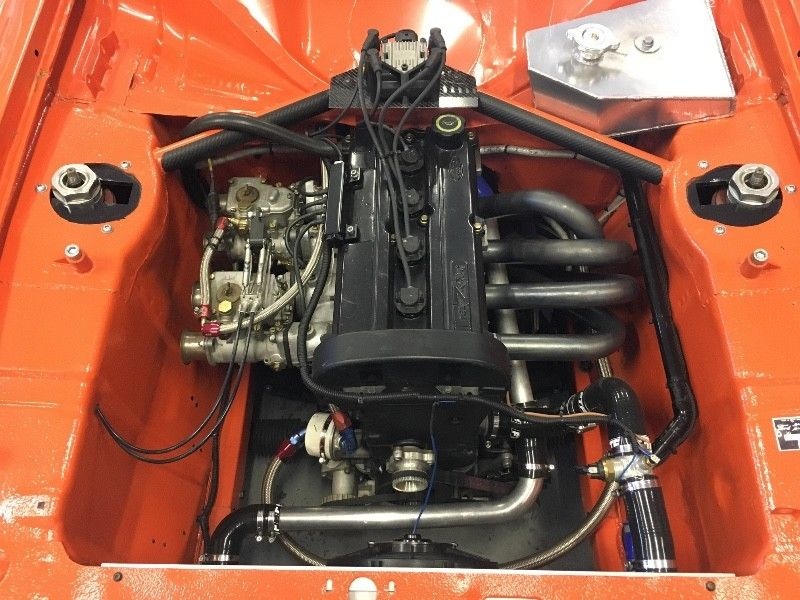Engine Purchasing Professional Tips on Selecting the Right Engine for Your Particular Requirements
Choosing the ideal engine for your details requirements includes a complex interaction of aspects that go beyond mere horsepower numbers. By delving right into the complexities of power versus performance, examining gas rankings, and budgeting for lasting expenses, one can truly maximize their engine option.
Power Vs. Efficiency: Locating the Equilibrium

When picking an engine, it is critical to strike an equilibrium in between power and performance to satisfy your specific requirements properly. Power refers to the engine's capability to produce power for propulsion, figuring out elements like velocity, towing capability, and overall performance (Toyota Tazz Engine For Sale). On the other hand, effectiveness relates to how well the engine utilizes fuel to produce power, affecting elements such as gas economy and environmental friendliness
Achieving the appropriate equilibrium between power and efficiency is important due to the fact that an engine that is as well effective may take in excessive gas, resulting in greater operating expense and unneeded stress on the environment. Conversely, an engine that focuses on efficiency over power may result in slow-moving performance, specifically popular scenarios like towing hefty lots or driving uphill.
To make a notified choice, consider variables such as your regular driving problems, the desired use the lorry, and your individual choices. By reviewing your top priorities and requirements, you can choose an engine that strikes the ideal equilibrium between power and efficiency, making certain ideal performance while minimizing ecological effect and operating costs.
Recognizing Engine Dimension and Kind

Furthermore, engine kind plays a critical role in identifying the performance qualities of an engine. Typical engine kinds include inline engines, V engines, and rotary engines, each with its special benefits and downsides. The engine type affects elements such as the engine's size, weight circulation, and power shipment. Comprehending the interaction in between engine dimension and type is vital in choosing an engine that aligns with your details requirements and top priorities, whether it be power, effectiveness, or a balance of both.
Consider Your Vehicle's Needs
If you are looking for an engine for a durable truck that will be used for towing, you will need a powerful engine with high torque abilities. On the other hand, if you are selecting an engine for a portable automobile primarily utilized for city commuting, fuel performance might be a much more vital variable to think about.

Examining Fuel Effectiveness Ratings
Evaluating gas performance ratings is a crucial element of picking the best engine for your lorry, guaranteeing price financial savings and ecological sustainability. Gas effectiveness scores, usually determined in miles per gallon (MPG) for gasoline engines or kilowatt-hours per 100 miles (kWh/100 miles) for electrical engines, indicate exactly how far an automobile can travel on a particular amount of fuel or power. Higher MPG or reduced kWh/100 miles values indicate extra effective engines, translating to reduced fuel expenses and lower carbon emissions.
In addition, compare various engine alternatives within the very same automobile class to determine the most affordable choice. Variables such as engine dimension, weight, aerodynamics, and crossbreed or electric capacities can all influence gas performance.
Budgeting for Long-Term Prices
Purposefully preparing for click lasting expenditures is necessary when selecting an engine, making sure economic sustainability over the lorry's life-span. While the preliminary purchase rate of an engine is a considerable aspect, it is important to consider the long-lasting prices associated with maintenance, repair work, and fuel usage.
Additionally, investigating the schedule and price of replacement parts for the picked engine is vital in spending plan planning. Engines with economical and readily offered components can considerably influence long-lasting upkeep expenses. Additionally, thinking about the engine's sturdiness and anticipated life-span can help stay clear of unforeseen substitute expenses in the future. By very carefully budgeting for these long-term expenditures and factoring them into the decision-making procedure, individuals can pick an engine that not just meets their prompt see this website requirements but additionally continues to be cost-effective throughout its life expectancy.
Conclusion
Finally, selecting the appropriate engine for your details requirements needs balancing power and effectiveness, understanding engine dimension and type, considering your lorry's needs, reviewing gas effectiveness rankings, and budgeting for lasting costs. By carefully considering these aspects, you can make sure that you pick an engine that meets your needs and supplies optimal performance for your car.
To further improve the choice process of an engine that strikes the ideal equilibrium between power and effectiveness, it is crucial to dive right into the ins and outs of recognizing engine size and kind. Engine dimension refers to the complete quantity of air and gas that can be pushed via the engine cylinders. Typical engine kinds include inline engines, V engines, and rotating engines, each with its one-of-a-kind advantages and disadvantages. Comprehending the interaction in between engine size and kind is vital in picking an engine that straightens with your particular requirements and concerns, whether it be power, performance, or a balance of both.
Gas effectiveness scores, typically determined in miles per gallon (MPG) for gasoline engines or kilowatt-hours per 100 miles (kWh/100 miles) for electric engines, indicate how much an automobile can take a trip on a specific quantity of fuel or electricity.